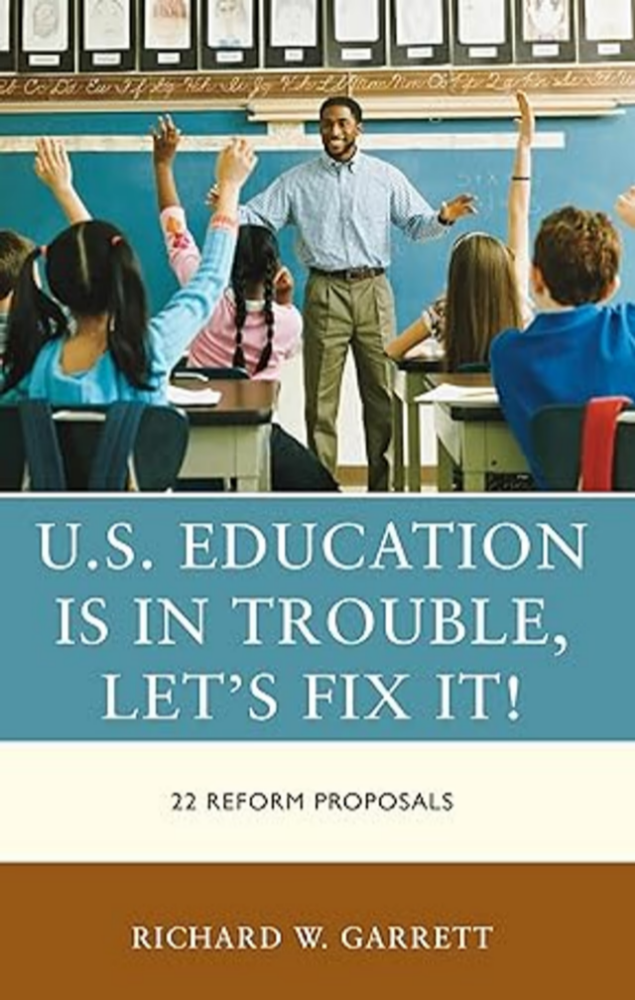Every Kid Gets a Trophy: Why You Should Let Your Kids Fail
This blog is based on the IndyStar article: Is Your Praise Hurting Your Child?: The Gift of Failure. Where Real Self-Esteem Comes From.
If to err is human, why are we so afraid of letting our kids fail? Have you ever considered whether your child’s self-esteem is based on false achievements or actual accomplishments? Participation in trophies and inflating grades may undermine their growth and ability to replace disappointment with resiliency.
The Beginning and The Backfire
In 1969, Nathanial Branden published a paper, “The Psychology of Self-Esteem,” suggesting that feelings of self-esteem were the keys to success in life. This led to practices like giving every child a trophy and creating non-competitive environments.
Steve Baskin wrote “The Gift of Failues” in a 2011 Psychology Today article and argued that self-esteem isn’t given; it’s earned. “When children stretch themselves, they expand their sense of their capability and then feel confident to tackle the next challenge. Confidence comes from competence – we do not bestow it as a gift.”
Retired Indianapolis child psychiatrist Dr. Michael Litwiller echoes this sentiment; “Shielding a child from failure gives them no opportunity to practice dealing with it and become confident facing adversity.” The American Psychological Association agrees that praising children based on personal qualities rather than their efforts may make them feel more ashamed when they fail.
The Solution is Easier Than You Think
Children must be prepared to tackle challenges and setbacks with confidence.
- Encourage Risk-Taking: Allow children to engage in tasks that stretch their abilities and push their boundaries.
- Embrace Failure: Experiencing failure in safe and loving environments and using it as an opportunity to develop problem-solving skills.
- Provide Honest Feedback: Constructive criticism can go hand in hand with praising efforts and improvements, not just the results.
- Model Resilience: How adults handle setbacks and experiences directly impacts how a child overcomes difficulty.
- Support Educators: When teachers and school administrators set limits, hold children accountable for meeting those expectations.
Well-intentioned and misguided practices may hinder a child’s development. By reframing your point of view and implementing these strategies, kids build genuine self-esteem, becoming resilient and prosperous adults.
Want to impact the community around you? Get involved: A Letter for Change. Read Dr. Richard Garrett’s book, U.S. Education is in Trouble, Let’s Fix It!











